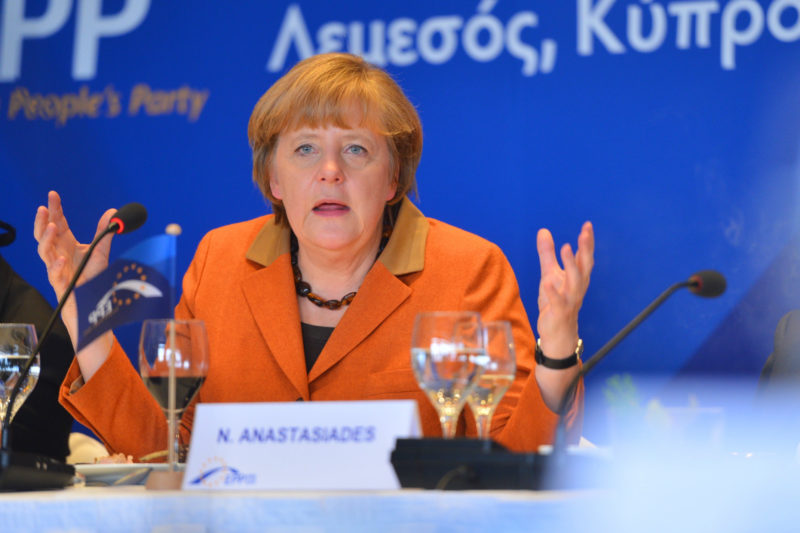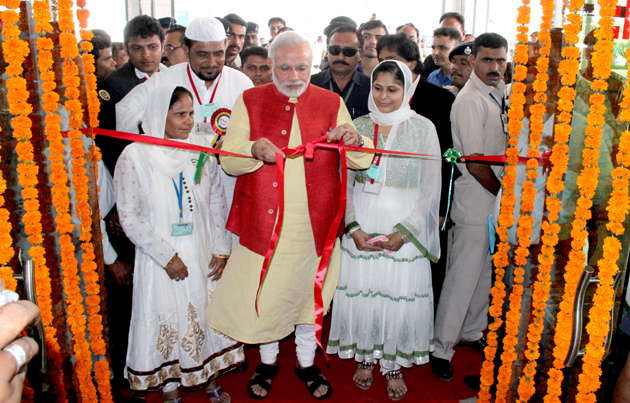The Chinese science fiction film The Wandering Earth (Liu Lang Di Qiu) shattered box office expectations in early 2019. Directed by Frant Gwo, the movie follows the Liu family’s post-apocalyptic space mission to save Earth from Jupiter’s gravitational orbit. The film’s thematic statements and successful public reception are a reflection of China’s increased confidence in its space exploration program.
Synopsis
Instead of battles with extraterrestrial entities or journeys through blackholes and quasars, The Wandering Earth addresses the imminent threat of a dying Sun in the Solar System. The Sun, nearing its transformation to a red giant, threatens to engulf Earth. In an effort to prevent the end of human civilization, the United Earth Government (UEG) begins the Wandering Earth Project – an initiative that aims to utilize fusion power thrusters to halt Earth’s rotation and propel it to its new home in the Alpha Centauri System.
As Earth’s orbit is halted, mass climate change decimates global populations and transforms the planet’s surface to a frozen tundra wasteland. A lottery system allocates a portion of civilization to live in underground cities while the UEG’s space station supervises Earth’s path from outer space.
Liu Peiqiang is a Chinese astronaut finishing his tenure at the space station. His son Liu Qi and adopted daughter Han Duoduo sneak out to the surface to see how the planet has changed. During their adventure, Earth gets trapped in Jupiter’s orbit and the planet’s gravitational spike triggers a series of earthquakes that destroy thrusters around the world. The UEG fails to restore the thrusters and the space station enters a failsafe mode, abandoning Earth’s population. As the rest of the world gives up, the Liu family collaborates to restore Earth to its original path. Peiqiang overrides the space station’s command system and helps Qi and Duoduo ignite Jupiter’s hydrogen atmosphere to repel Earth from its orbit.
China’s Space Race
Long regarded as lagging behind on technology and innovation, China began its modern space program in 1993. China’s space agency, the China National Space Administration (CNSA), was mandated with the task to mediate perception of China as a technological leader. In 2003, China became the third nation to send a man to space with the Shenzhou 5 mission. In the sixteen years since Shenzhou 5, CNSA has rapidly increased their space pursuits. In January 2019, CNSA landed the first robotic spacecraft, Chang’e-4, on the ‘dark’ side of the moon.
Although there is suspicion over Chinese space advancement, scientist Wang Xiji reassures China’s long-term plans in space are for economic rather than militaristic purposes. Experts estimate the global space economy will be worth $2.7 trillion by 2040. Chinese investments in a permanent lunar research base and solar space station will allow the nation to exploit space-rich resources such as magnesium, iron ore, and solar energy. Wang further states China’s space exploration is also for sustainable research, as solar energy will become a commodity when fossil fuels are depleted.
Reflection of Chinese Beliefs
China’s modern foreign policy strategy focuses on the expansion of soft power. The attractiveness of a nation’s culture is a keystone to soft power influence. The film focuses on values of traditional Confucian philosophy and its connection to how China perceives its responsibility in the international community. Chinese statecraft is viewed with suspicion by Western scholars and media. This misunderstanding can be attributed to differences to how the two cultures approach governance. Instead of Western individualism, China focuses on collective prosperity. The Chinese government aims to bolster an image of a ‘harmonious society’ where China plays a benevolent parental role. This is reflected in the film with the characters emphasizing Confucian values of sacrifice and duty for the long-term survival of human civilization rather than individualistic heroic feats.
Furthermore, implications of China’s diplomatic relationships are represented through the friendship between Peiqiang and Russian cosmonaut Makarov. Contrary to their historic rivalry, Sino-Russian relations have warmed in recent years. The absence of American figures in the UEG is a poignant statement to China’s contemptuous space relationship with the United States. Despite incorporating over fifteen nations in its space program, the United States denied China’s bid to join the International Space Station in 2011 due to “national security” concerns. Understandably, space is an offensive frontier where anti-satellite technology (ASAT) and first-strike capabilities are monitored with wariness.
Overall, although The Wandering Earth is a fictional depiction of China’s role in space, the film is representative of the nation’s desire to sway public opinion of Chinese advancements in technology and virtuous approach towards global governance. The surge of Chinese space-related media is reminiscent of America’s space craze during the US-Soviet Union space race in the 1960s. The cultural wave of space excitement is infectious and will continue to reflect China’s aspirations
Featured Image: “Bright star Alpha Centauri and its surroundings.” (12 October 2013), by European Southern Observatory (ESO/DSS 2) via Wikimedia Commons. Licensed under CC BY 4.0.
Disclaimer: Any views or opinions expressed in articles are solely those of the authorsand do not necessarily represent the views of the NATO Association of Canada.




